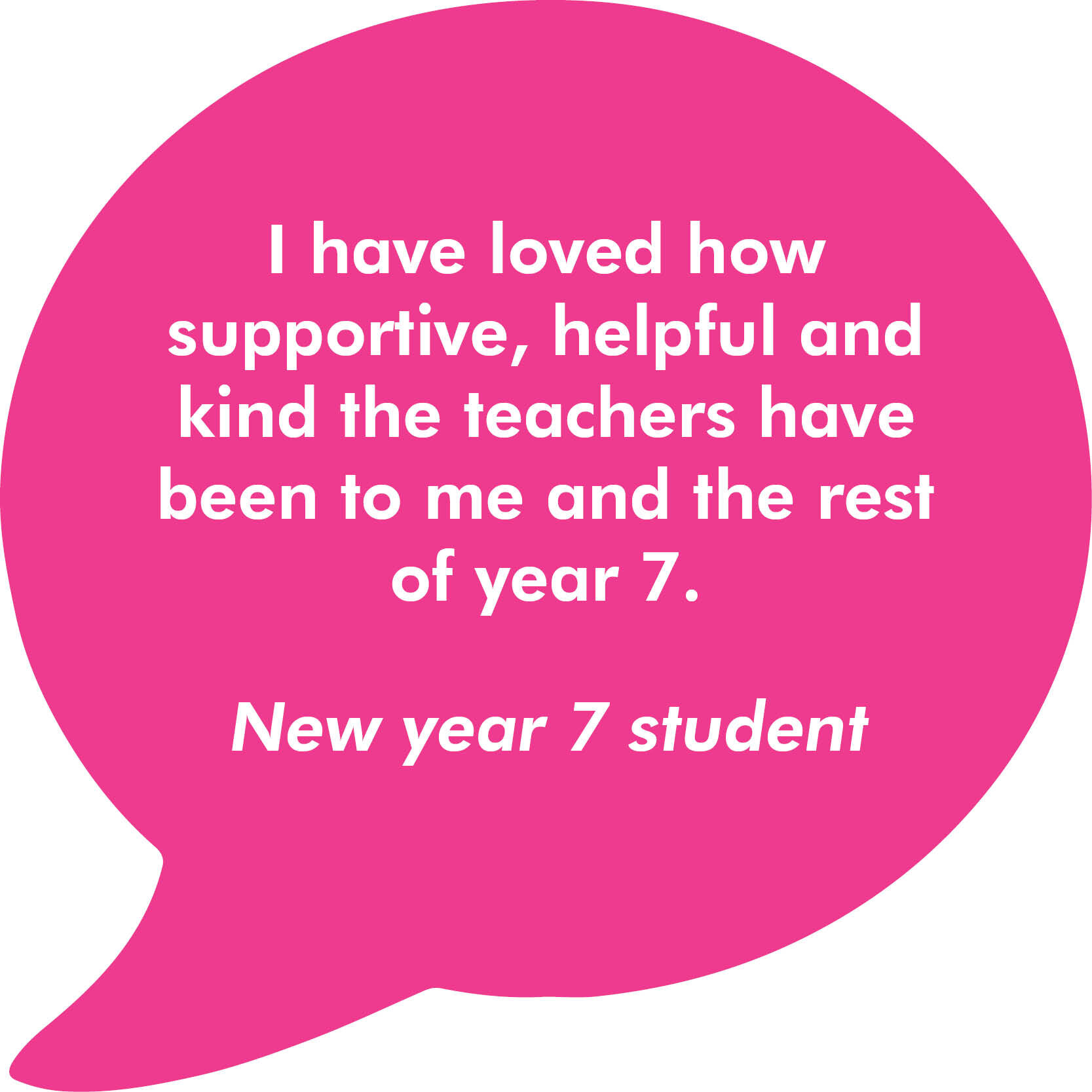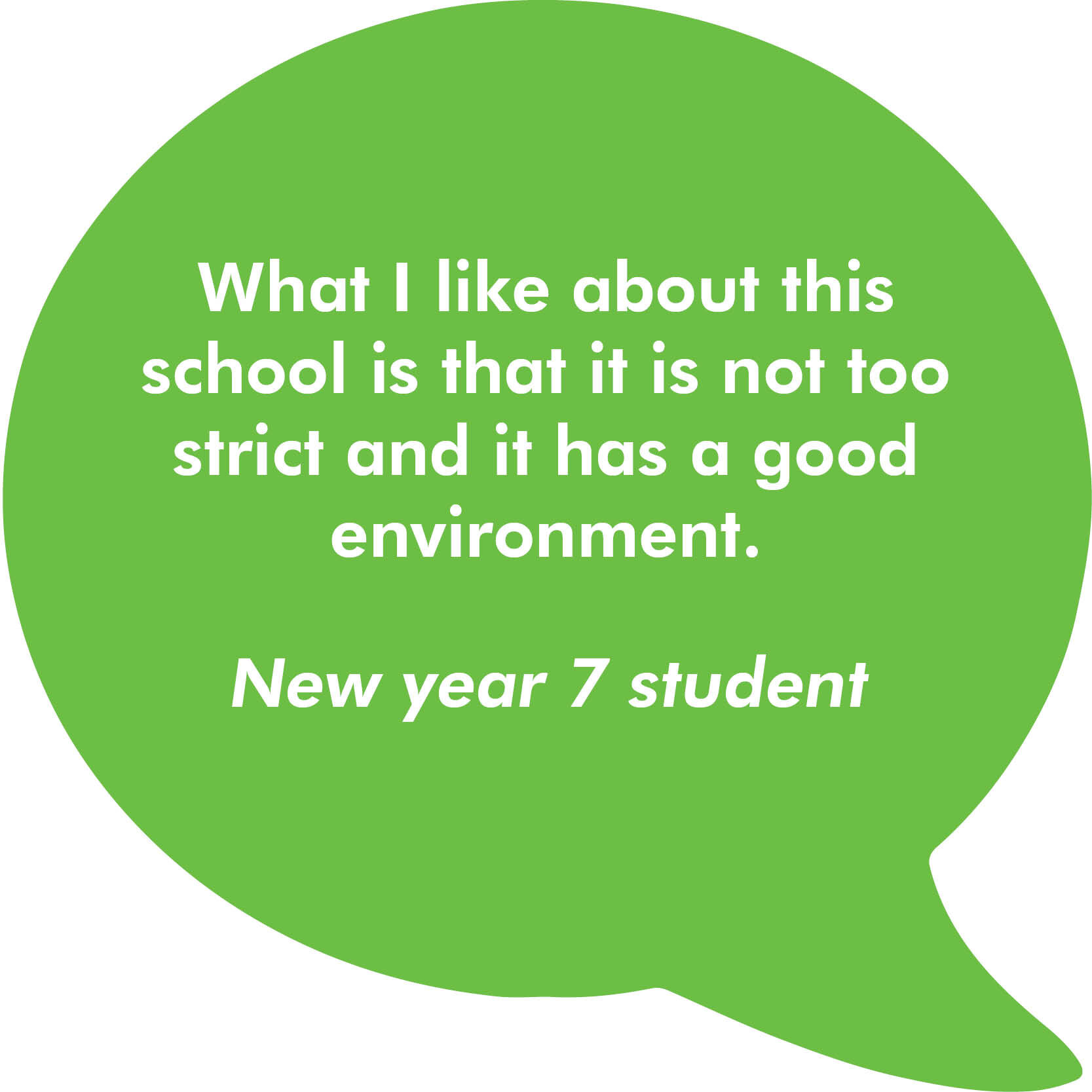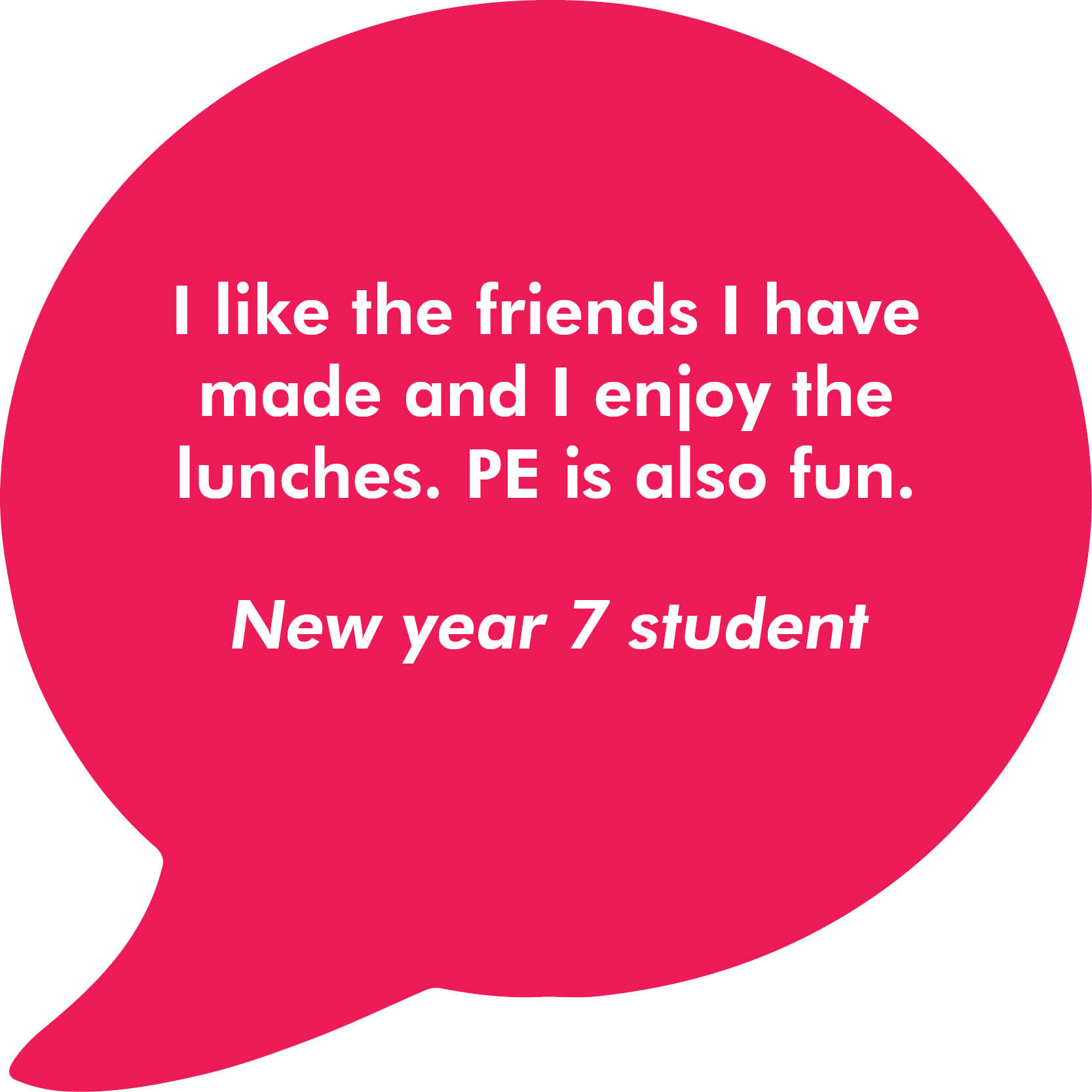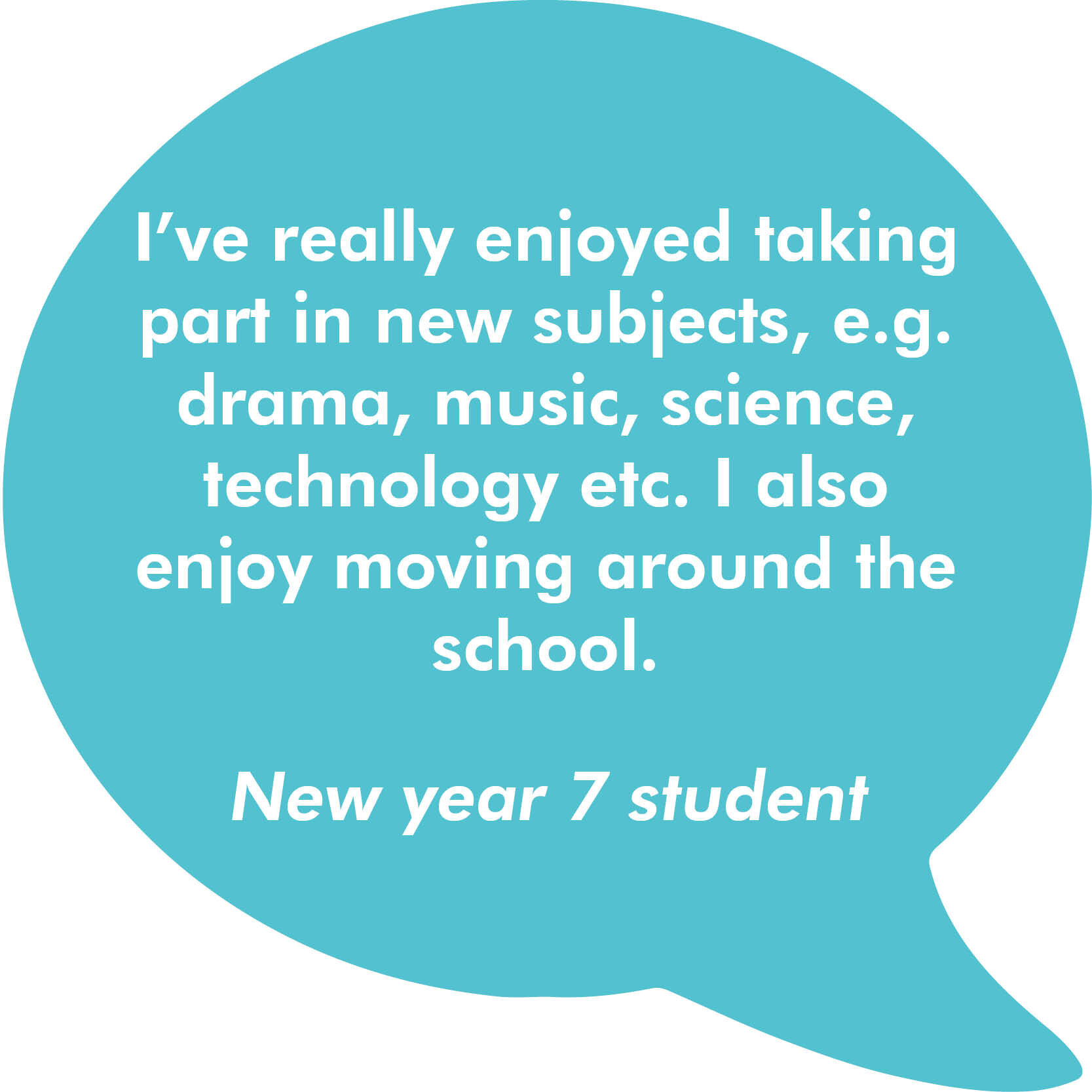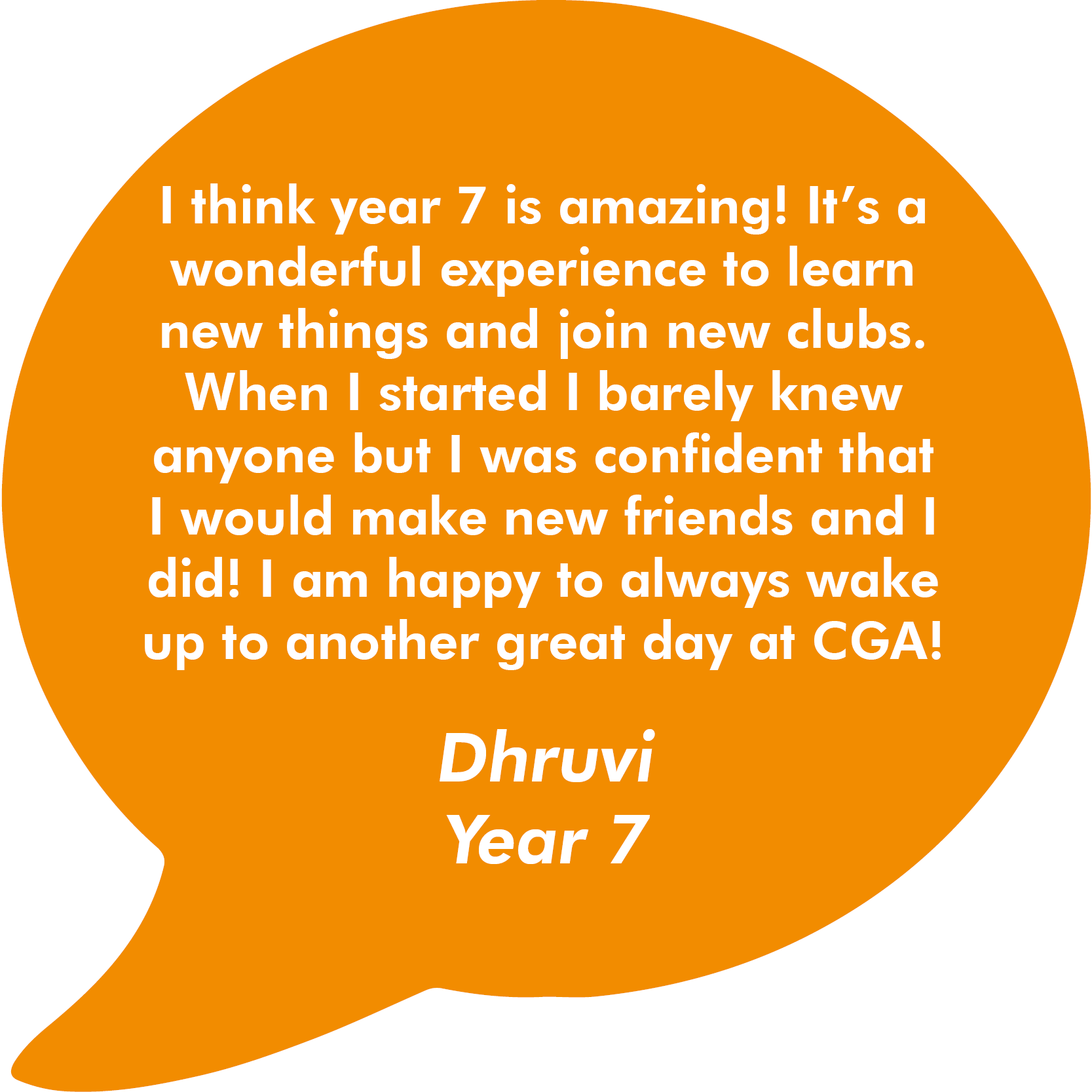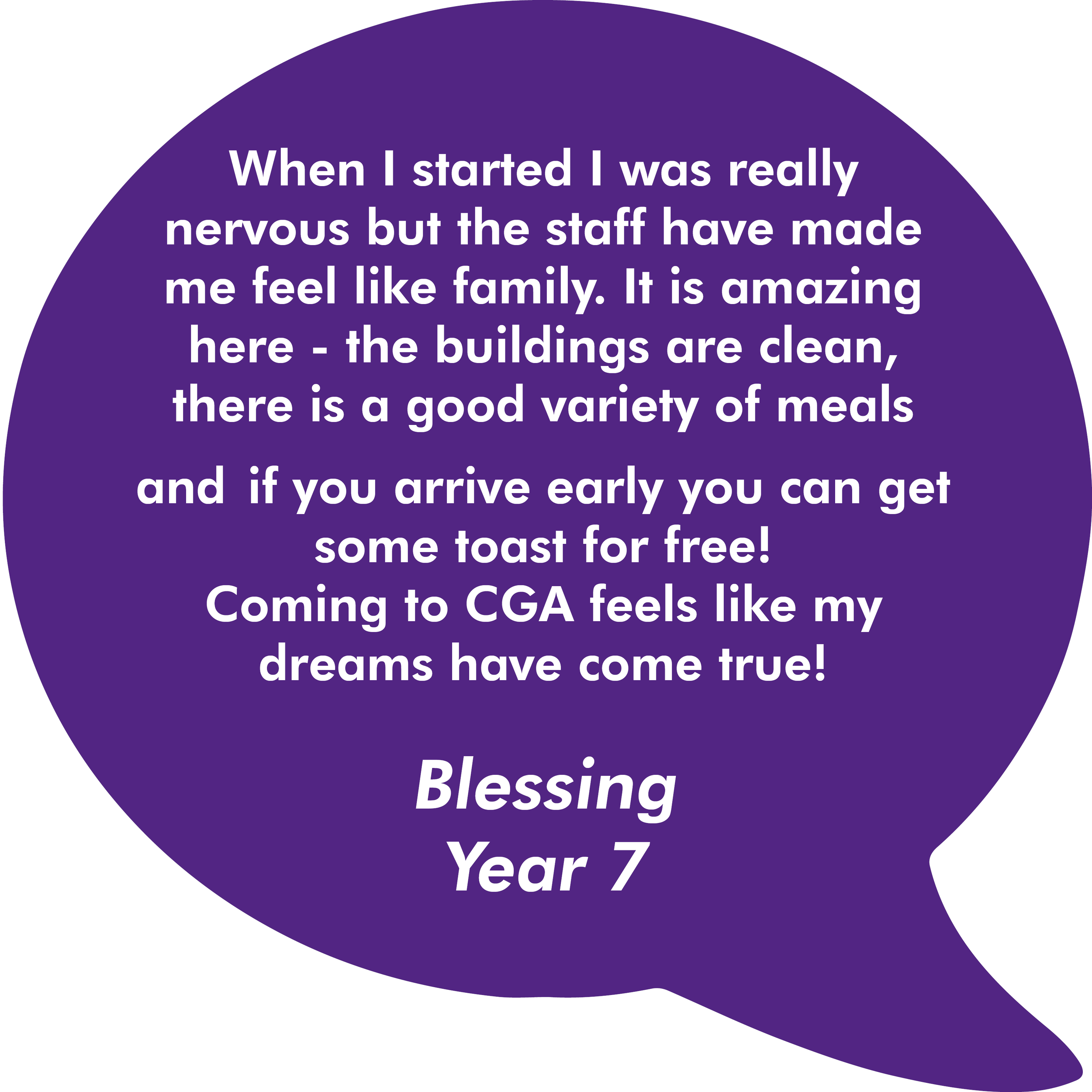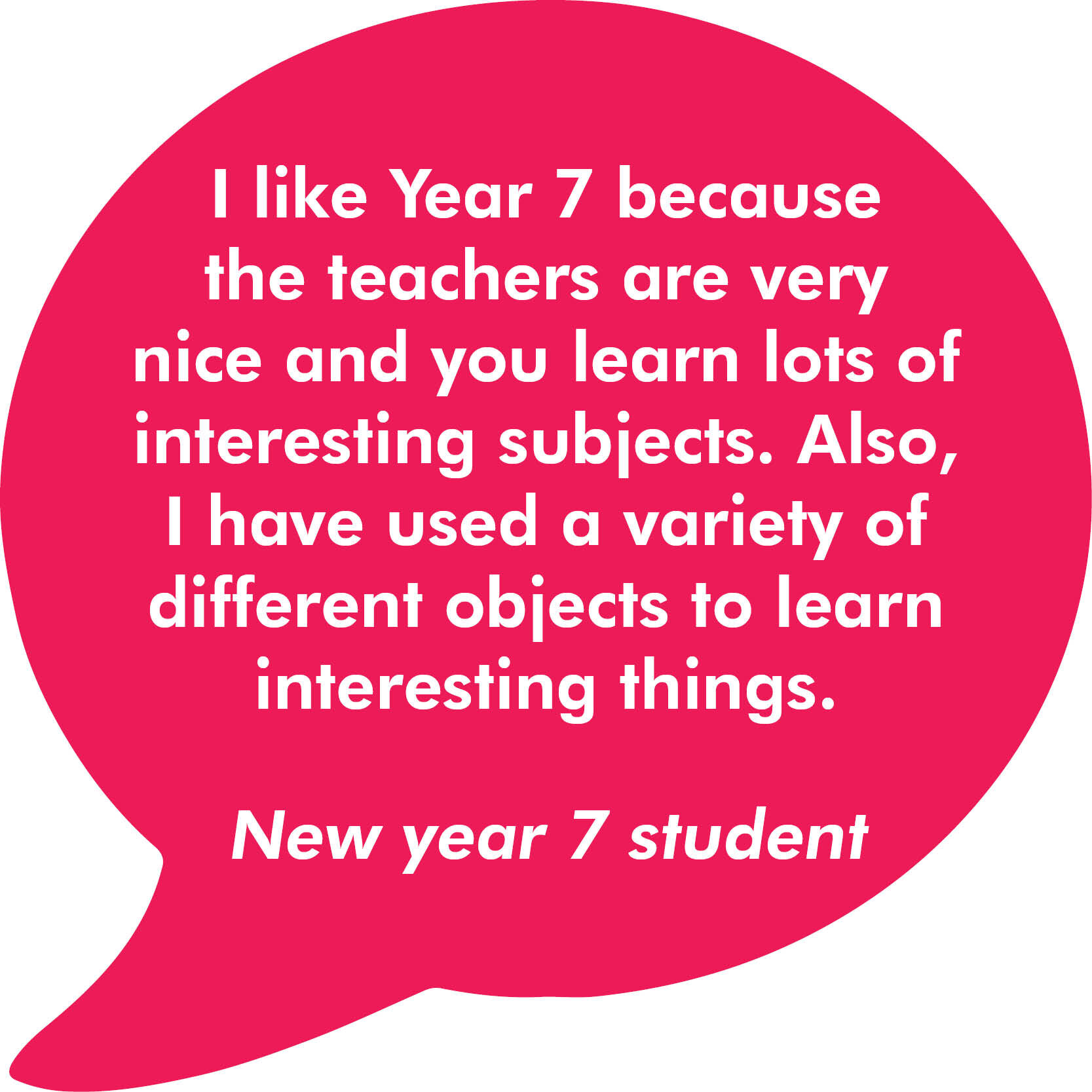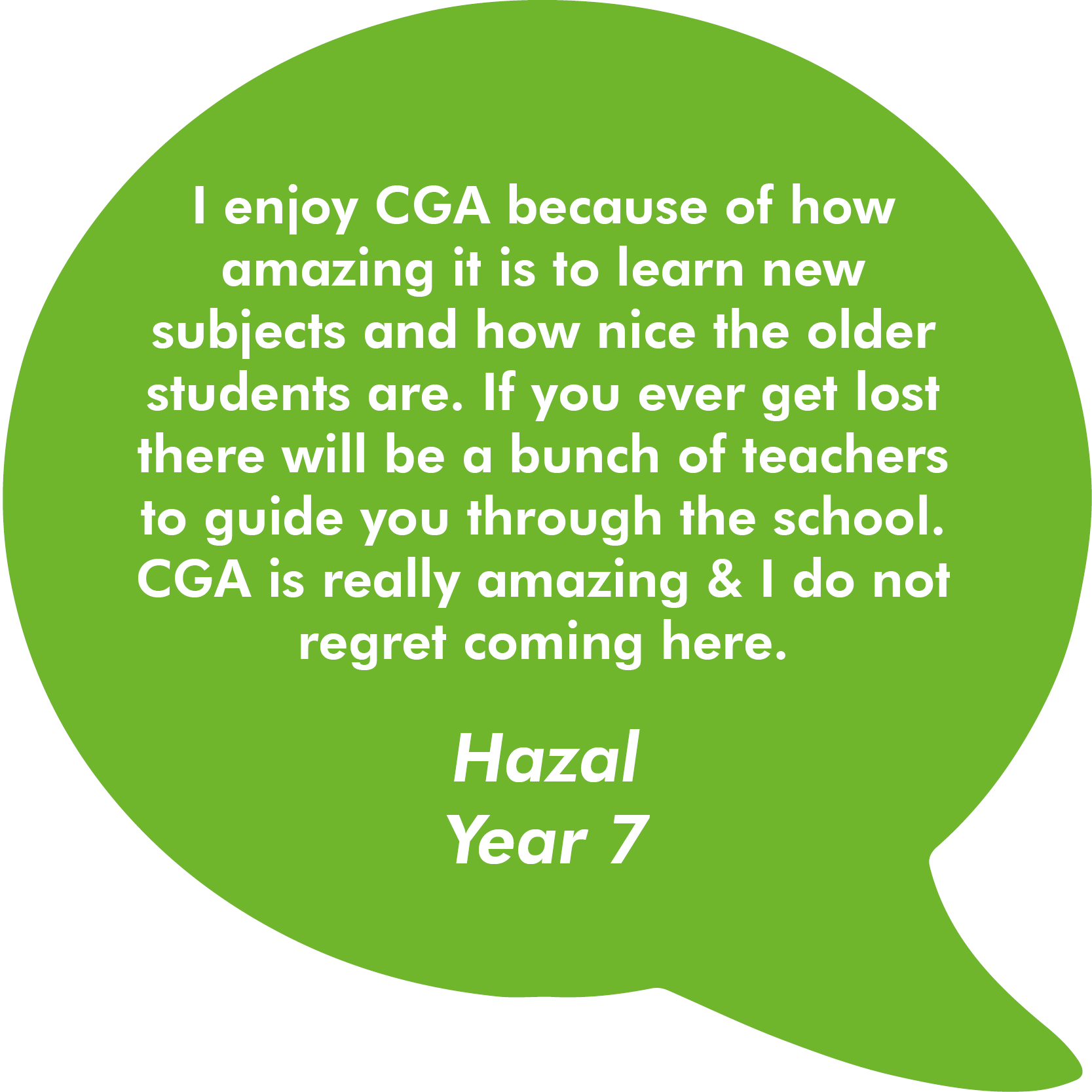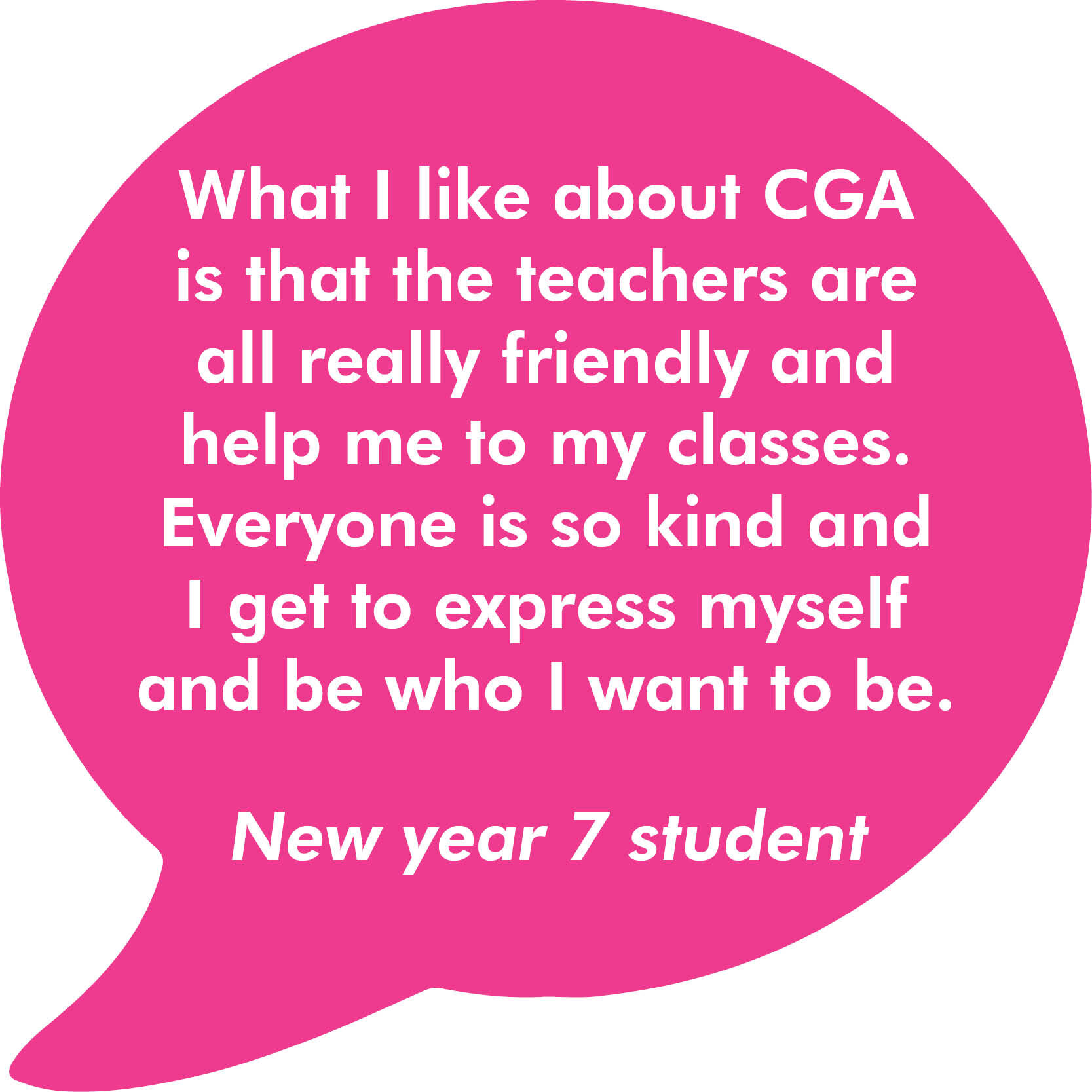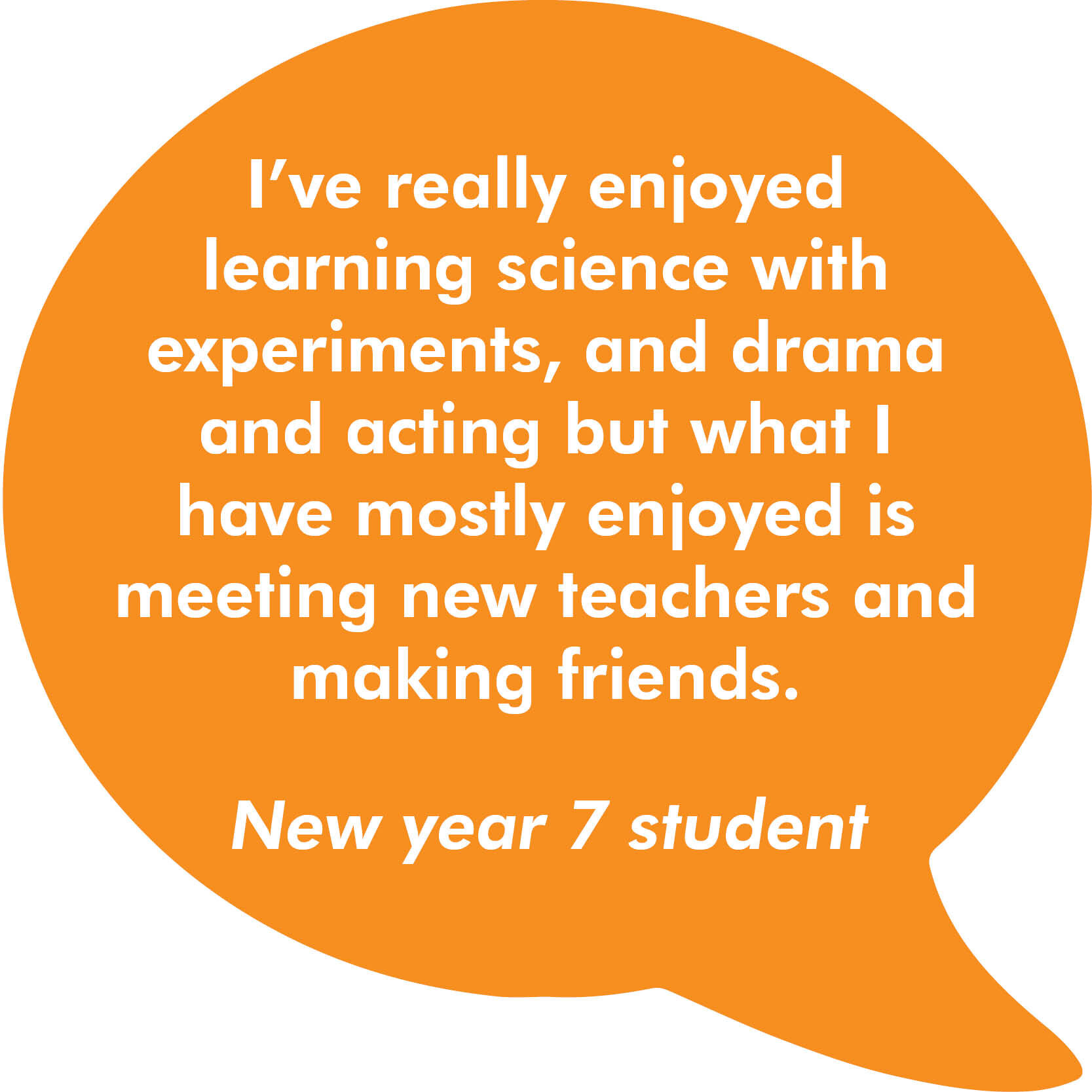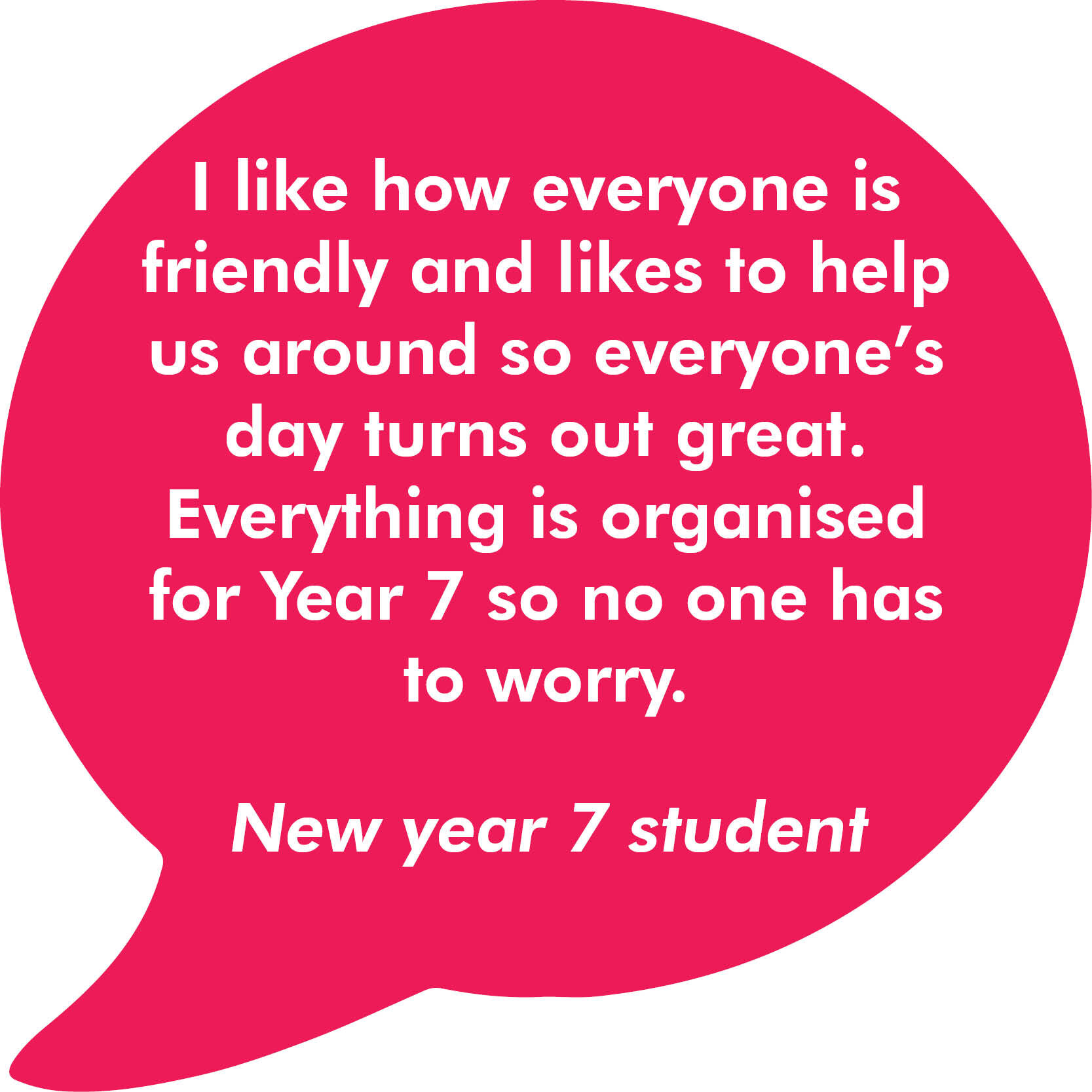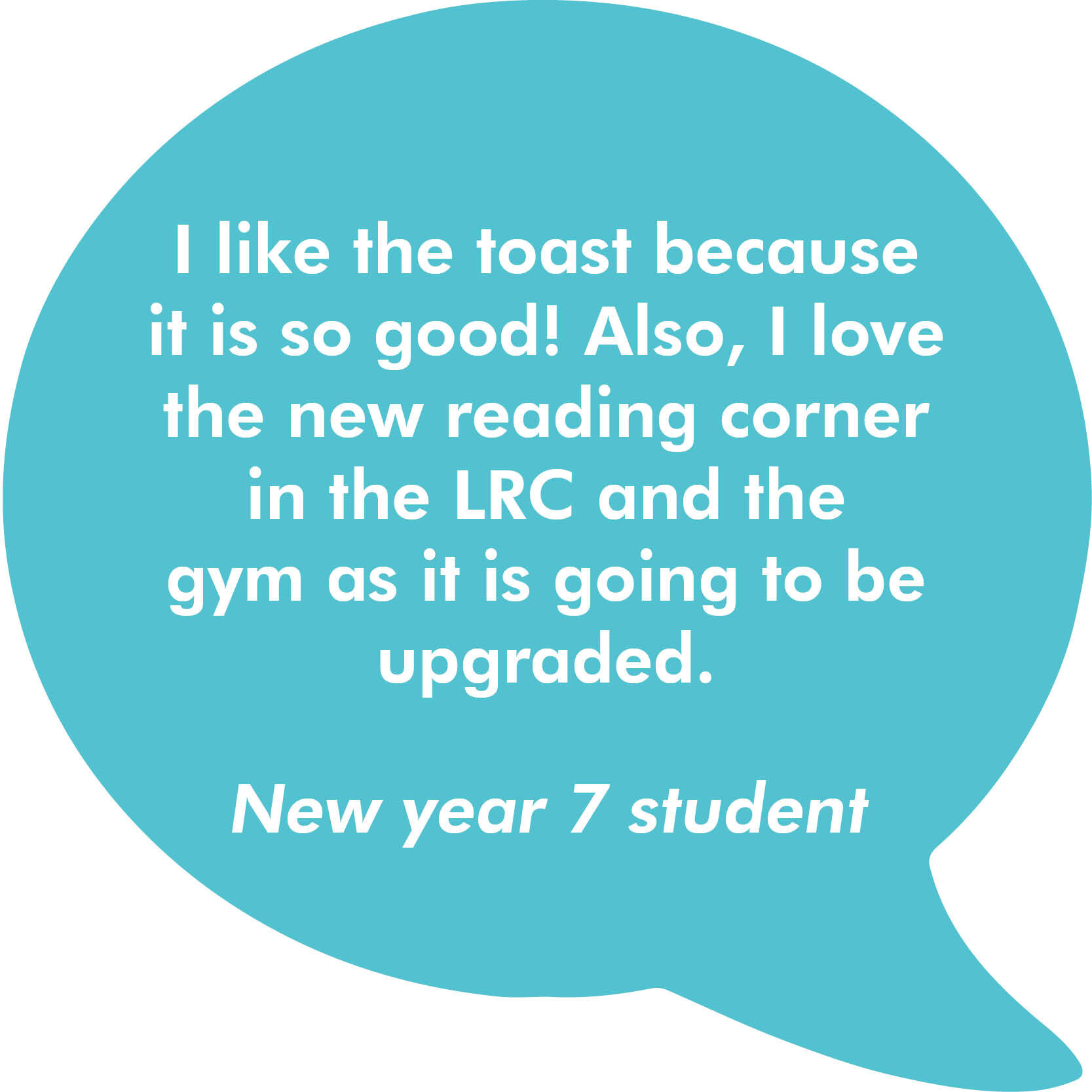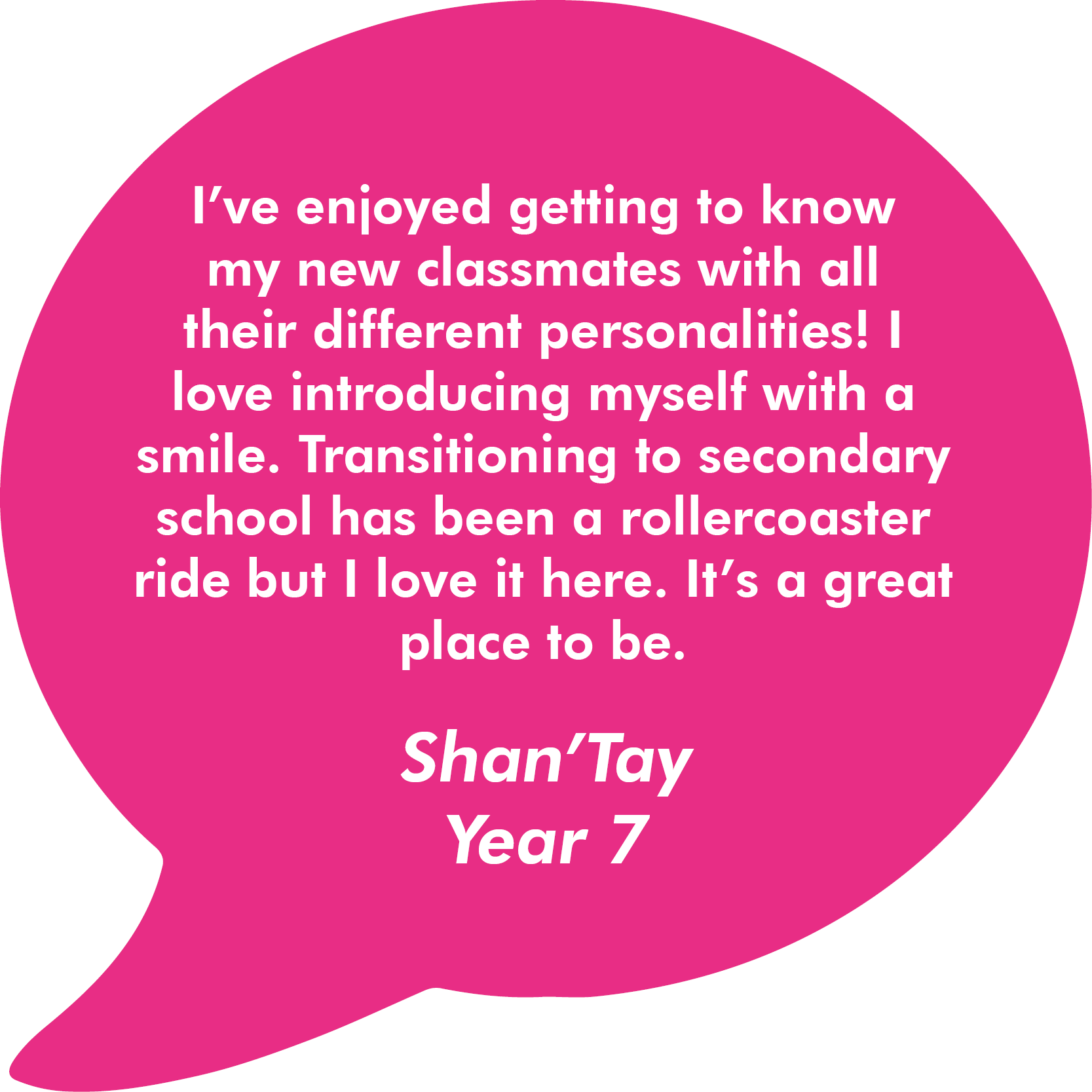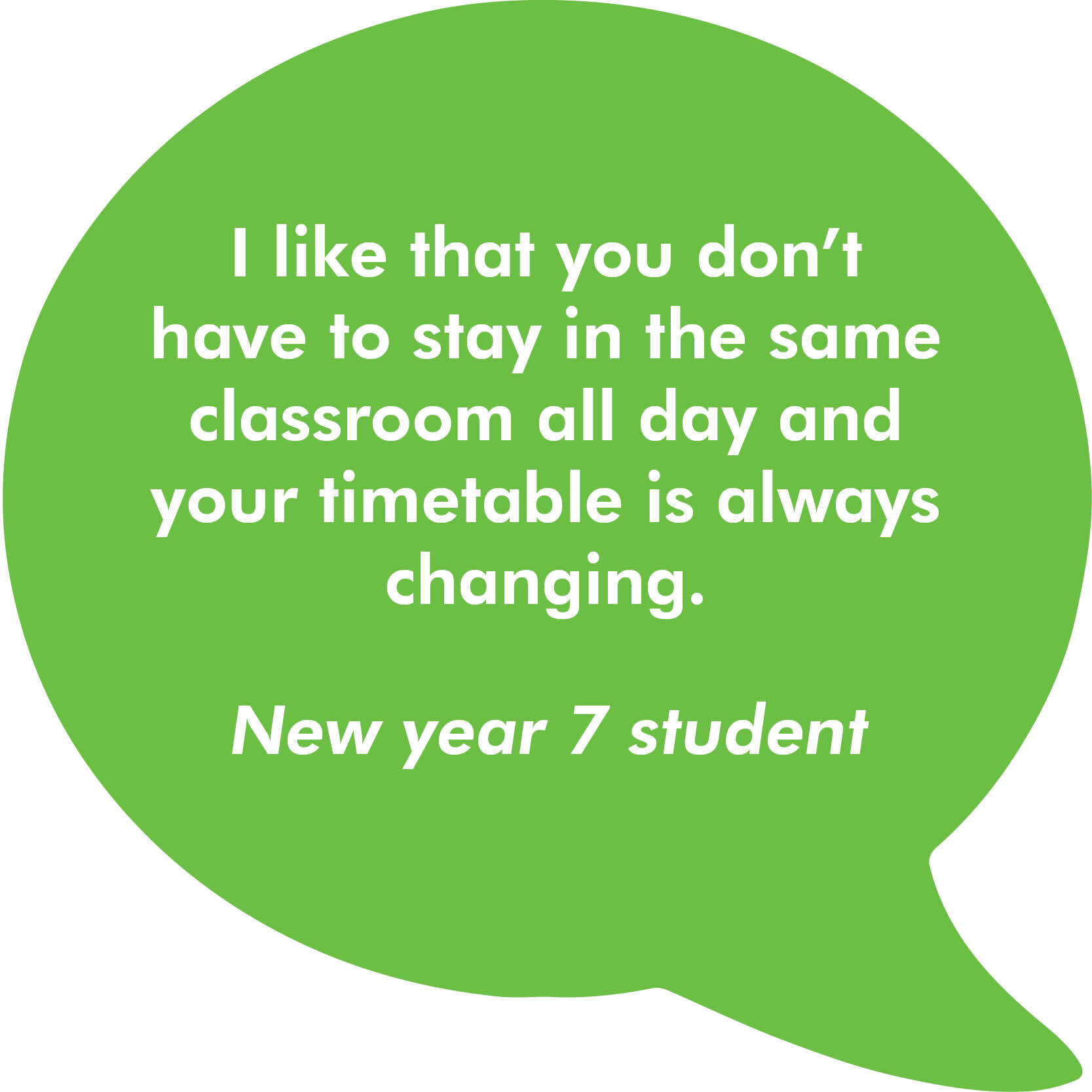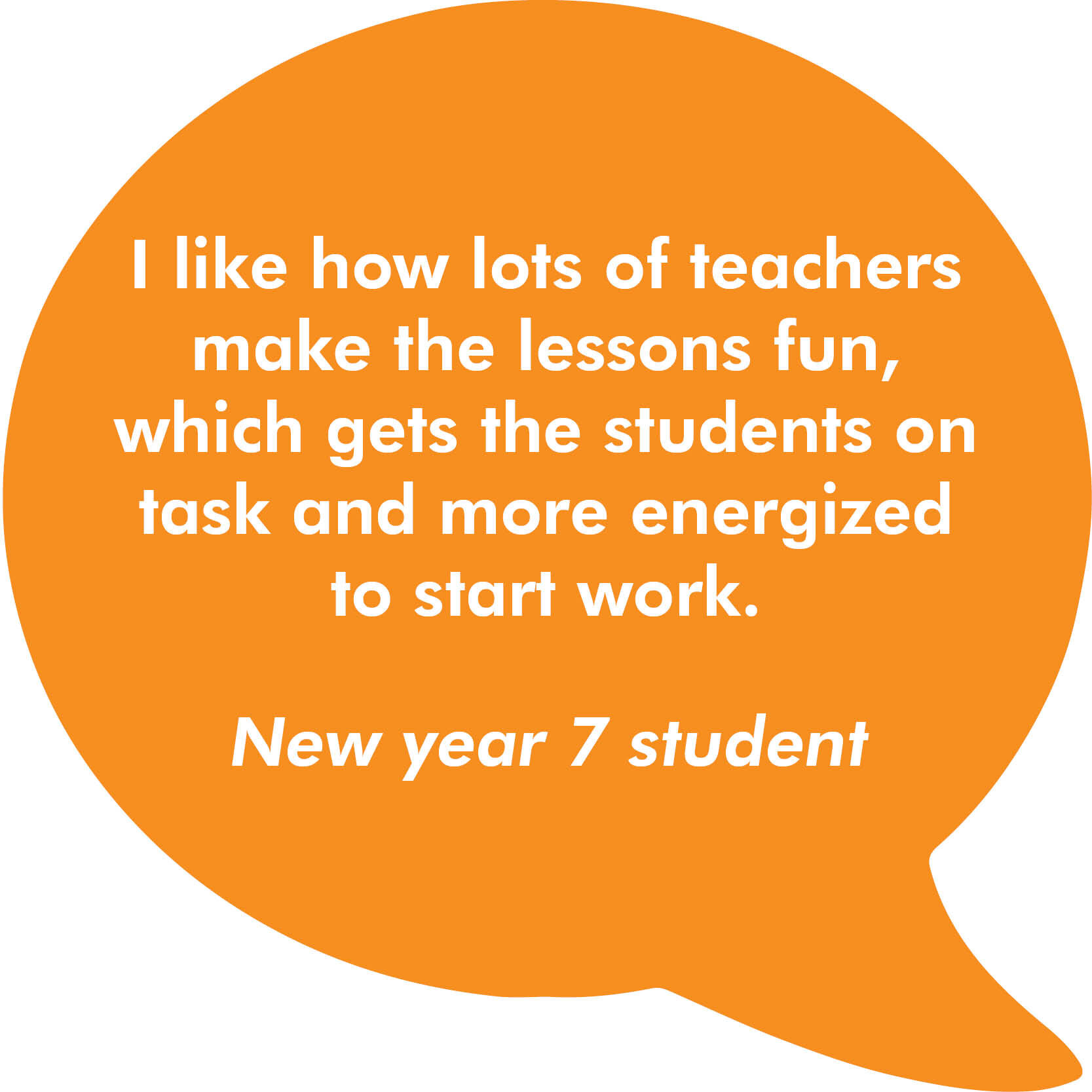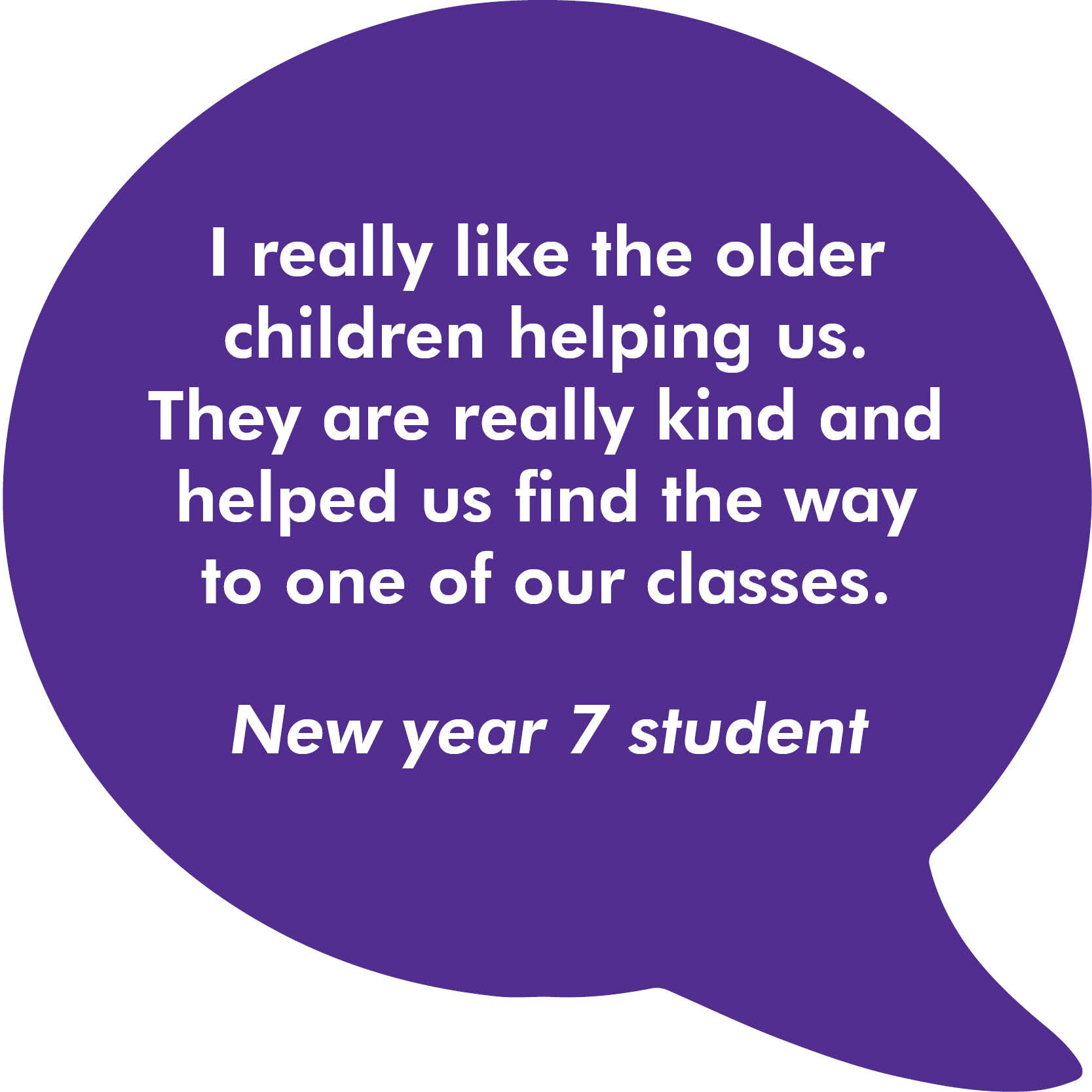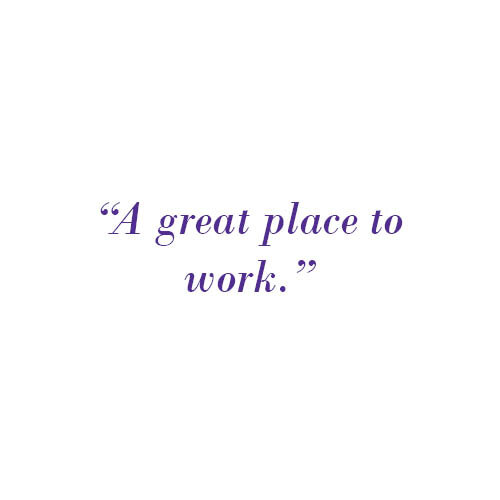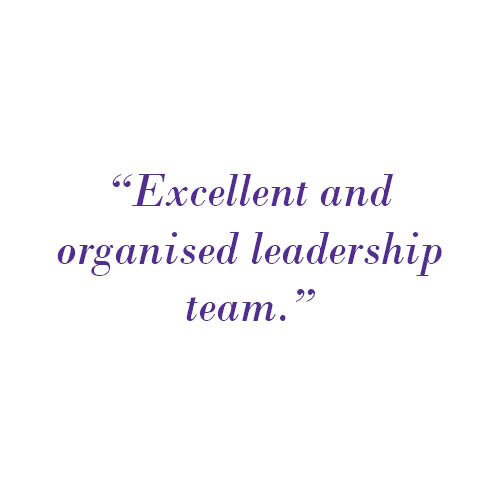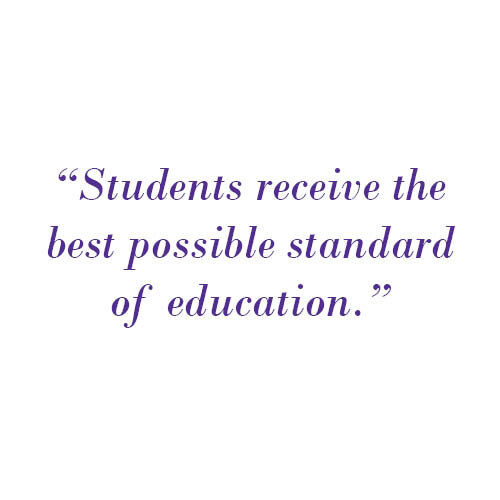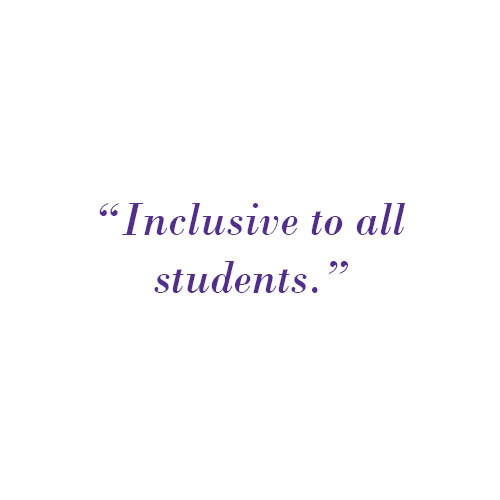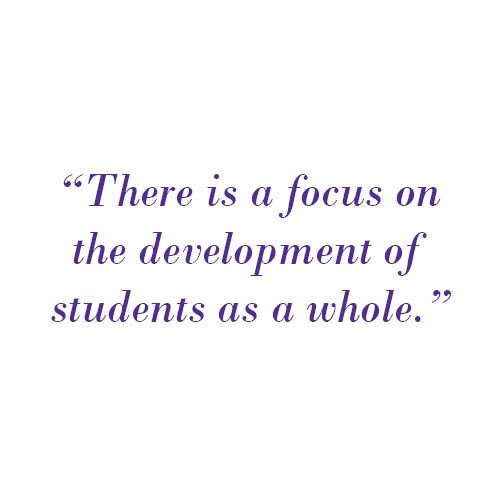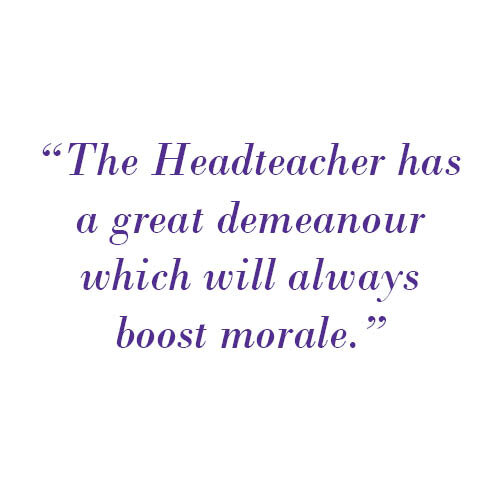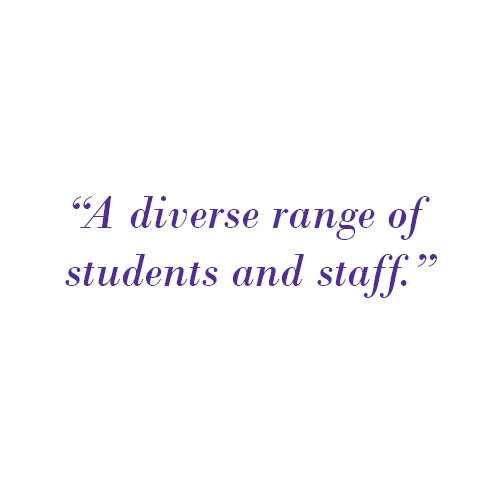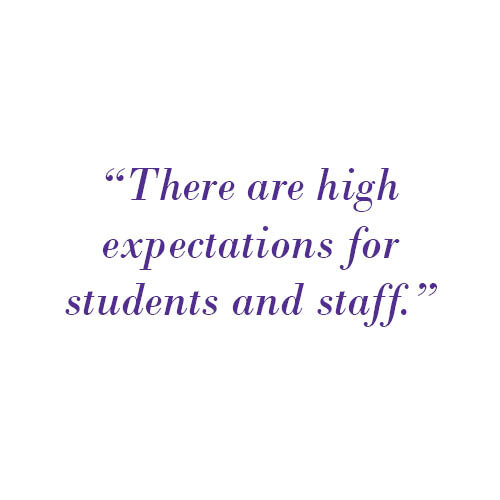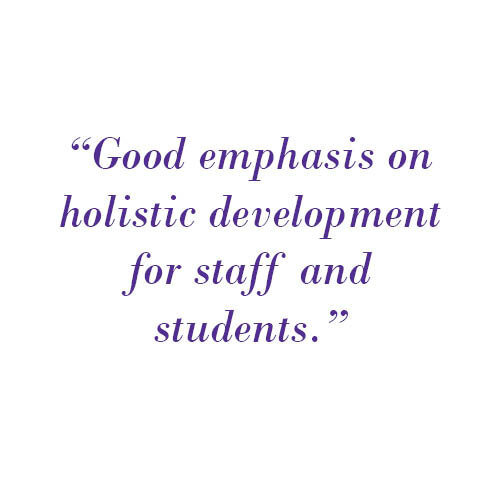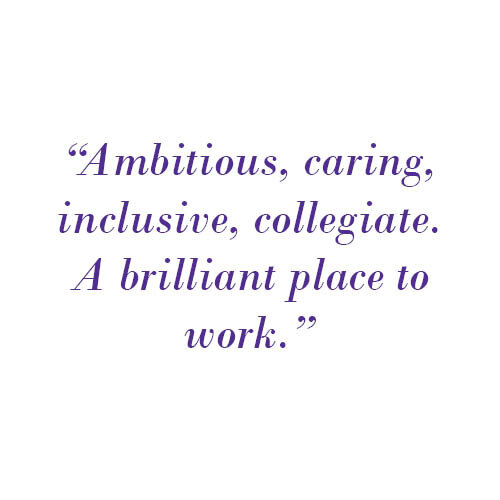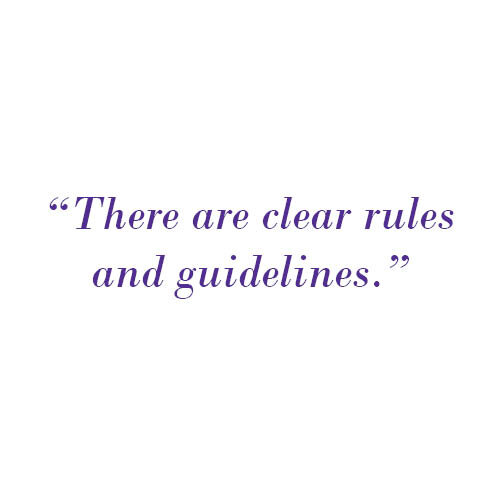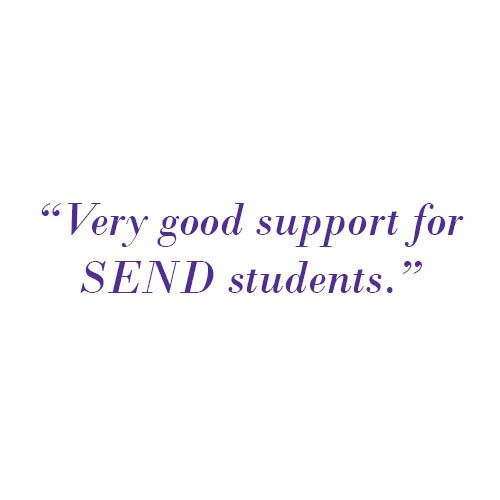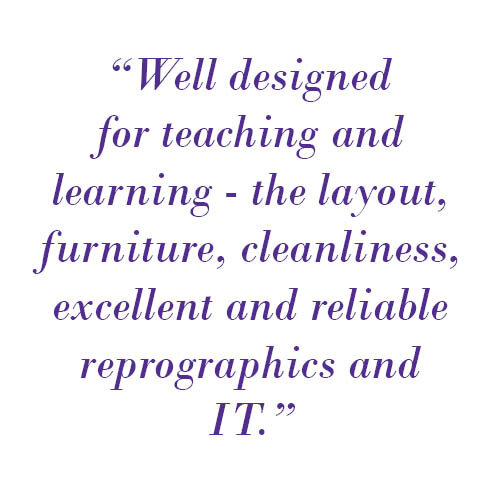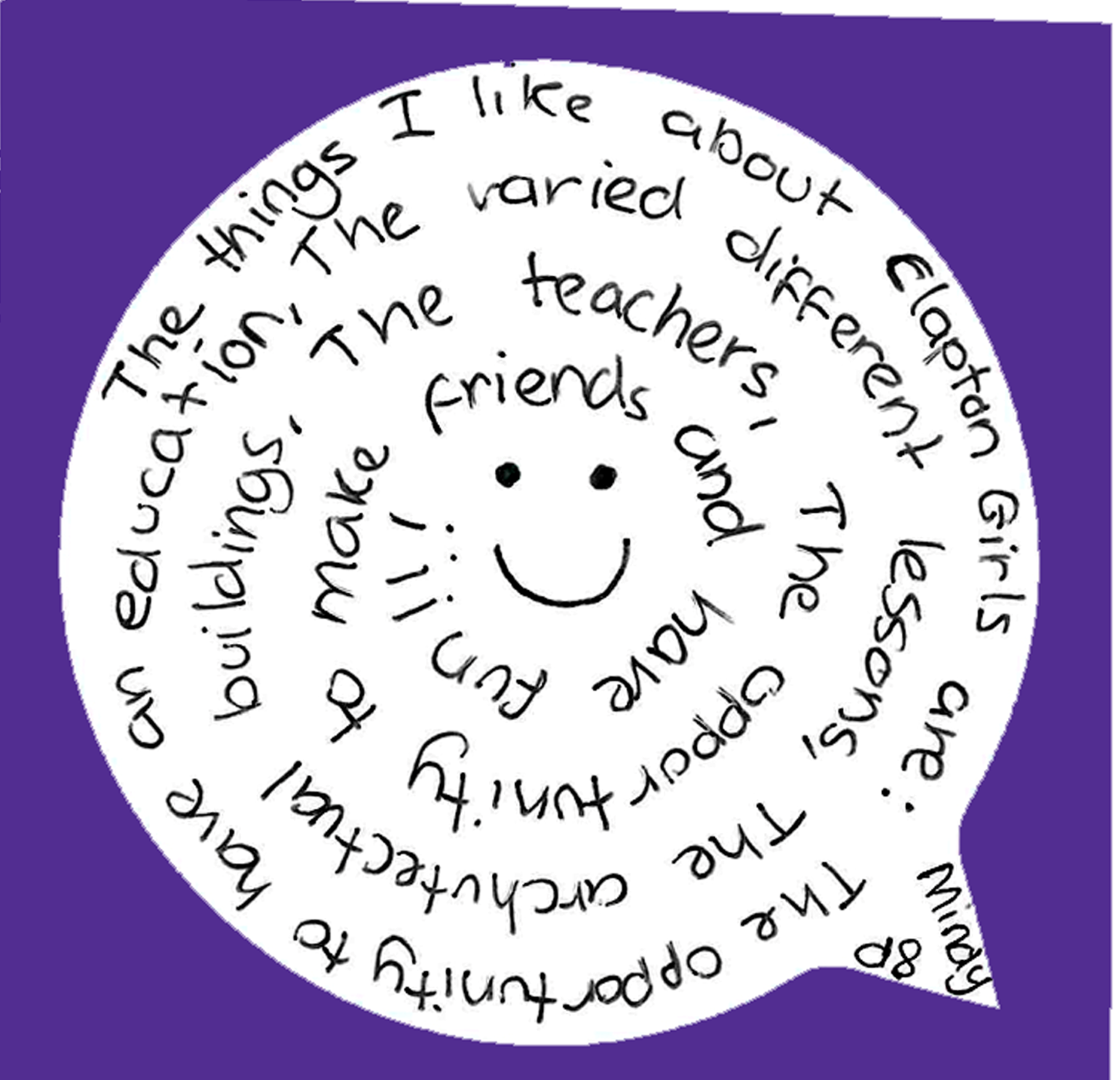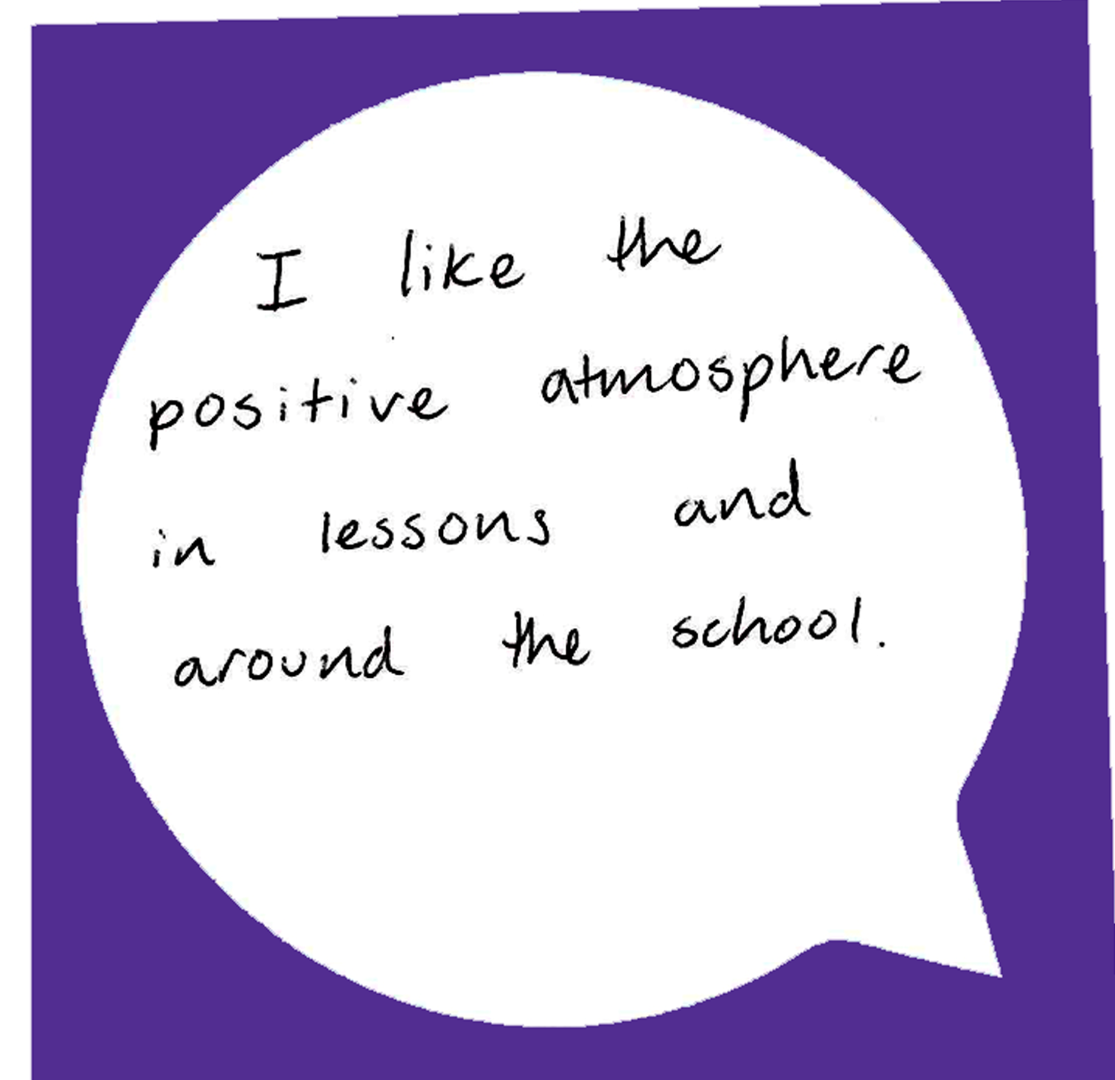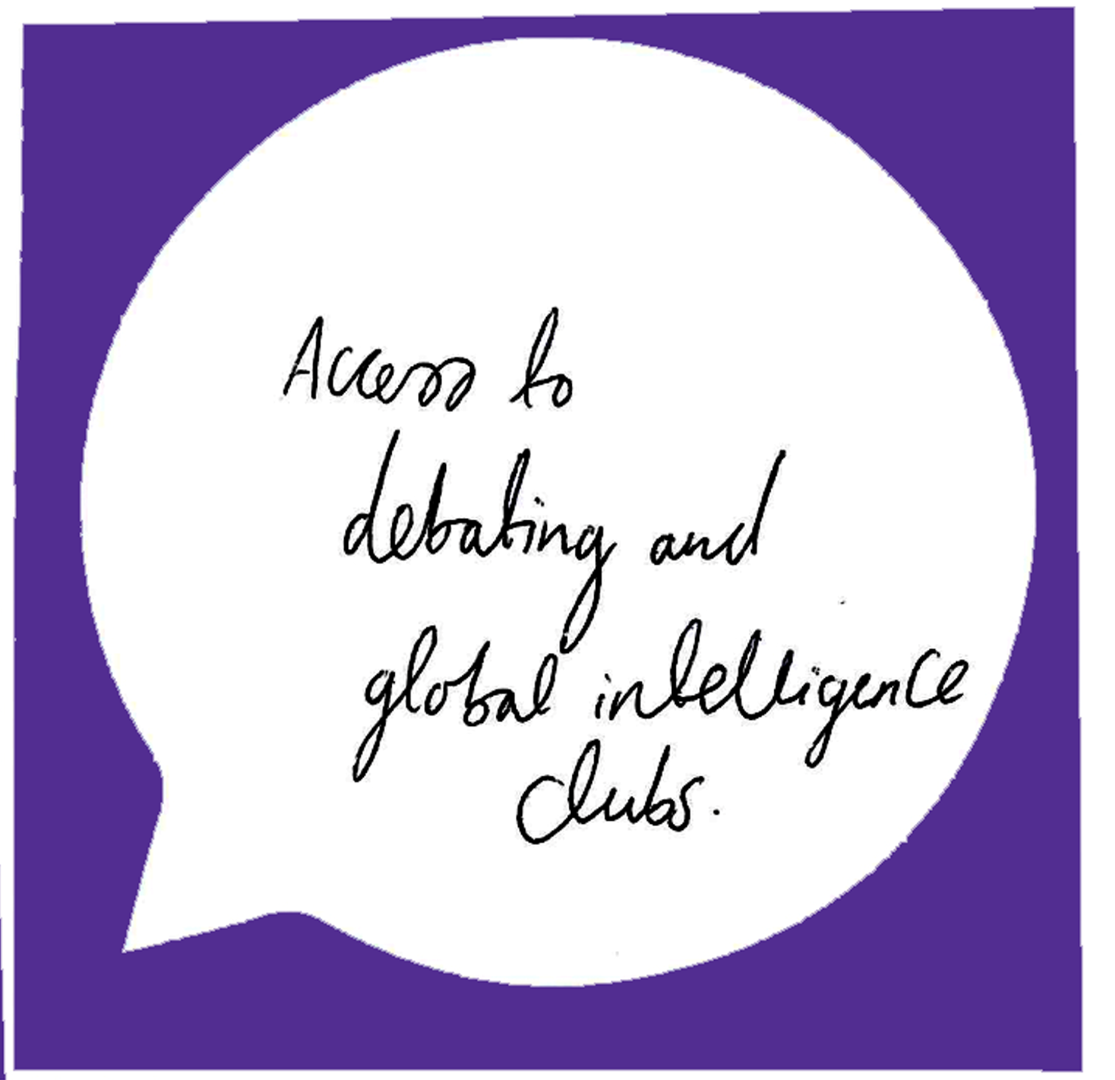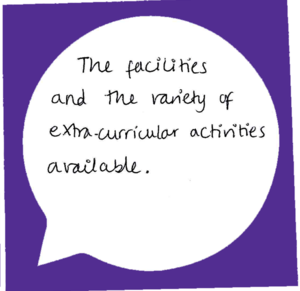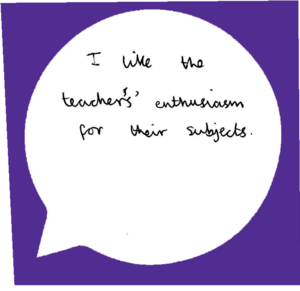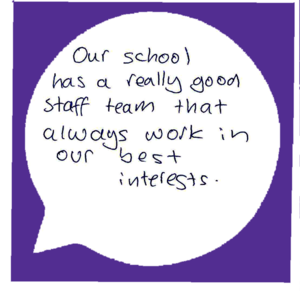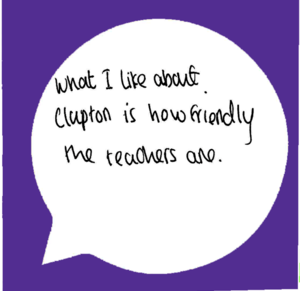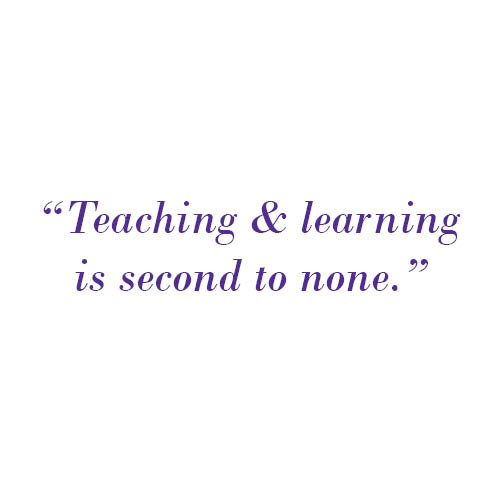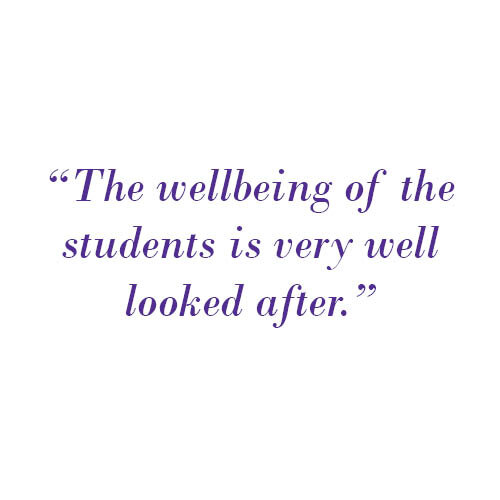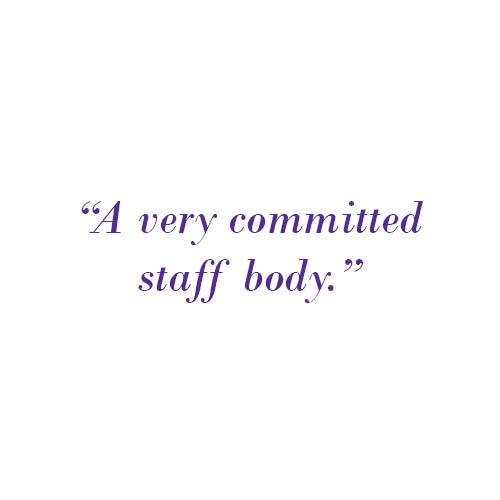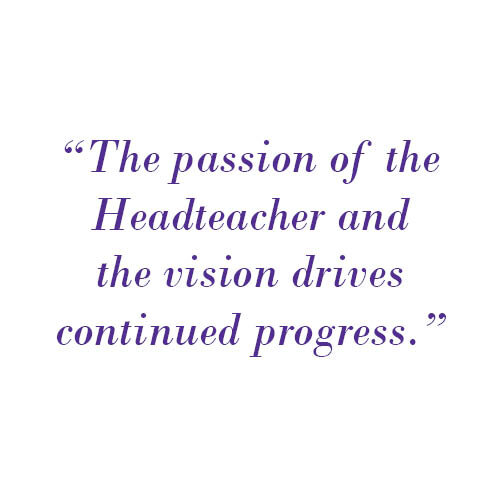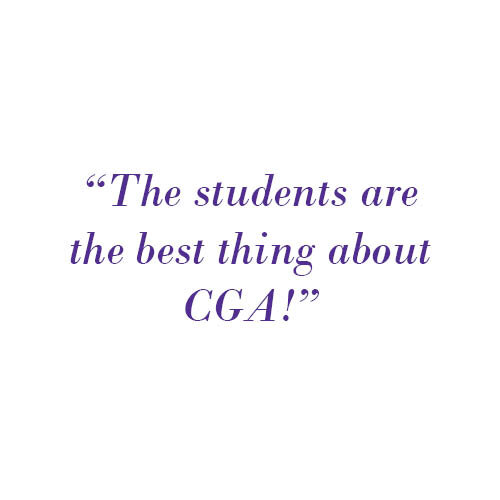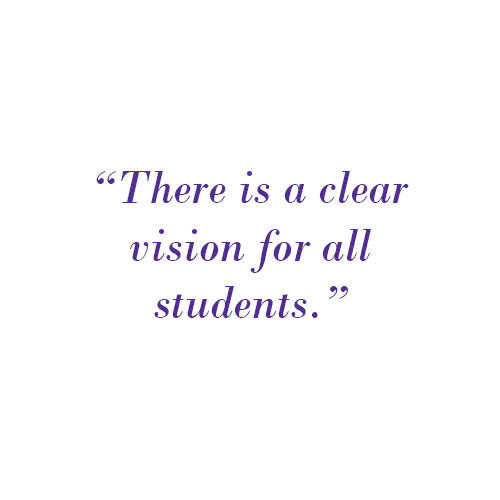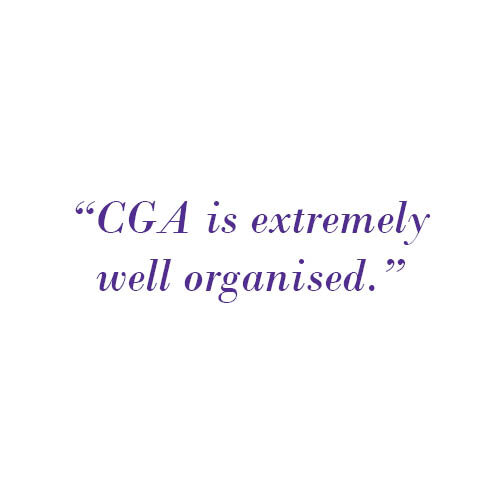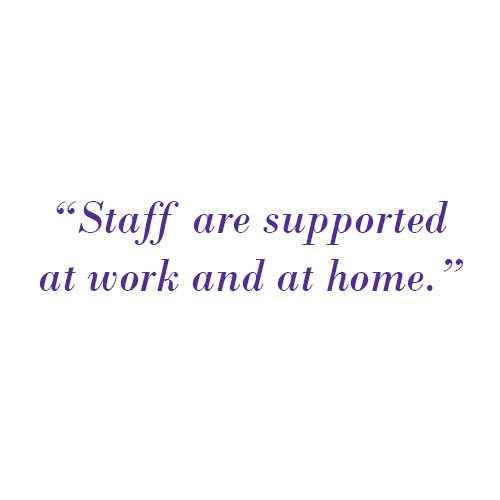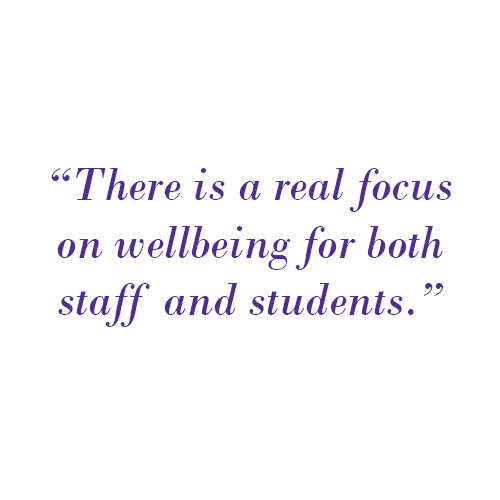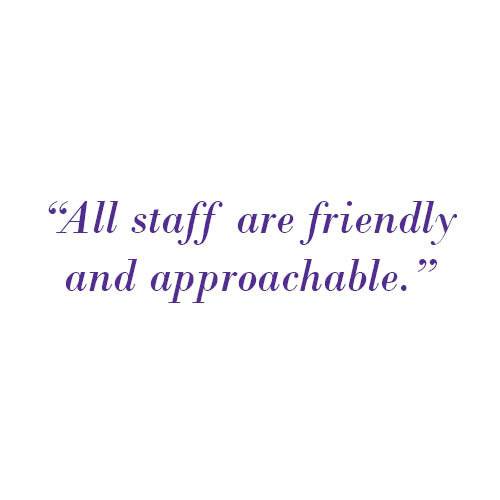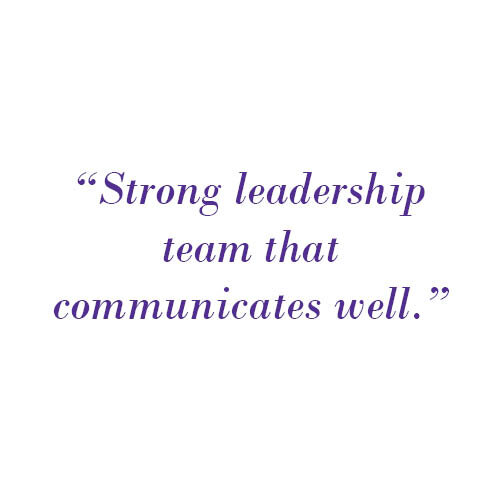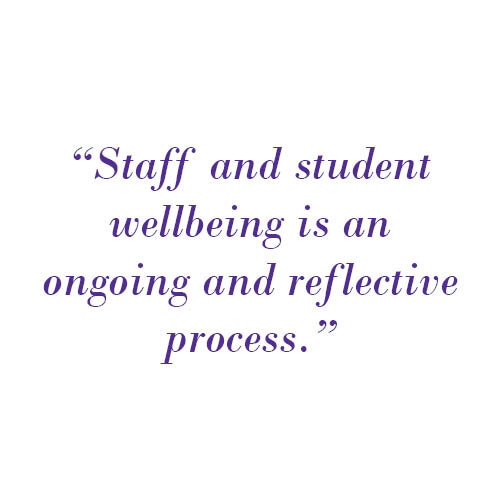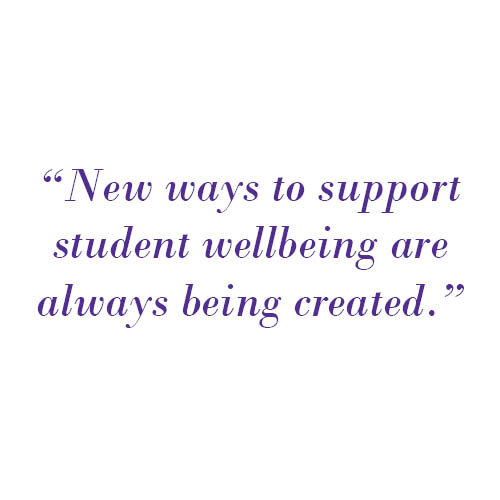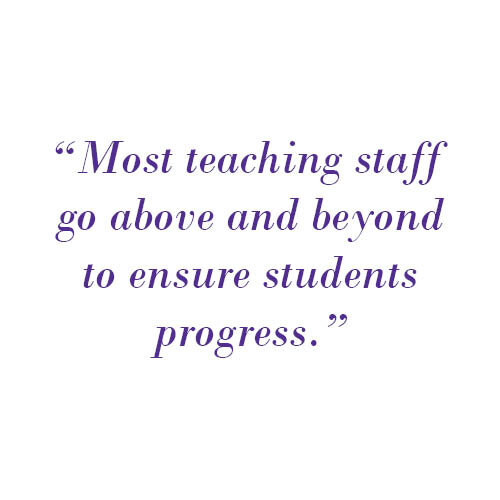Frequently Asked Questions about CGA
1. What makes CGA different from other Hackney Secondary schools?
We are the only all girls non-denominational school in Hackney
We have been educating Hackney’s young women for 110 years
We have a unique balance of academic challenge and a warm, happy learning environment
Our environment is welcoming and safe with a dedicated reception for students and an experienced safeguarding team
Our teaching is outstanding, as is our behaviour and pastoral support with a dedicated Year 7 Transition team
We have a whole-school focus on wellbeing and we conduct regular surveys to ensure students and staff wellbeing.
There is a wide course offer, outstanding support and enrichment in our Sixth Form which is in the top 10% of Sixth Forms nationally
There are a huge range of extracurricular opportunities, developed in consultation with students and based on their preferences and academic needs, including exam revision classes
We have an outstanding sports programme with two additional coaches on site for tennis and basketball. Other sports our students take part in include: football, dance, trampolining, boxing, netball and fitness.
Our students have many opportunities to take leadership responsibility, becoming student ambassadors and prefects, as well as being involved in community and fundraising projects
We are a World Class School which allows us to be involved in a number of student development programmes through the World Class network of schools
The Careers Education, Advice, Information and Guidance (CEAIG) on offer is very comprehensive with a number of students engaging with mentors from businesses and other organisations
2. What are your results like this year?
3. Which universities do your students progress to?
Our students progress to a wide range of universities including Russell Group universities: UCL, Birmingham, Bristol, Edinburgh, Exeter, Kings, Manchester, Nottingham, Oxford and Cambridge
Recent apprenticeships include engineering at Siemens, working in the NHS and with Linklaters law firm and in the government
Degree destinations of our graduates are many and varied, including chemical engineering, law medicine, dentistry, pharmacy, politics, history, maths, French and Spanish, English Literature and psychology.
2022 Leaver Destinations
4. If I live out of the catchment area, what chance do I have of getting a place for my child?
We do not have a fixed catchment area but recommend that you put CGA as your first choice. As an academy, we continue to adhere to the Admissions Code but our popularity has meant that our ‘catchment area’ is different every year.
Admission Criteria priorities are: 1st priority - SEN and Looked After Children are priority; 2nd priority - sibling(s) already in the school; lastly - distance
5. What system of setting do you have? In which subjects will my child be in sets?
Students are taught in mixed ability groups for all subjects apart from maths
Students are taught in smaller groups for English, science and technology
Teachers use assessment data, students’ class work and information from primary schools to make decisions about how to group students
All classes have a focus on ensuring stretch and challenge for all students
Our focus is on ensuring that all students work at a pace and level that works for them
Set groups in maths are reviewed at the end of each half term and students can move up or down
Any changes to classes are communicated with parents via letter
6. Do you have a specialism?
We do not have a specialism but instead focus on high quality teaching and learning and extra-curricular opportunities across all subjects.
7. What are the advantages of girls’ schools?
8. Where can I find copies of academy policies?
9. My child has special needs. What support will you give them?
Extensive liaison with primary feeder schools takes place before a student arrives in September for Year 7
All teachers are teachers of SEND and receive regular training on how to support and challenge SEND students from our SENDCO who can be contacted by calling 020 8985 6641 and asking to speak to them
Our Learning Support faculty also provide additional support for targeted students via support in lessons, tailored transition plans and extra after-school clubs and intervention sessions
Current interventions include: Lexia, small group reading, social skills, anger management, small group maths, speech and language
All SEND students have a personalised pupil passport developed with parents and the student
10. What do I do if my child has a medical condition?
We have a trained team of Student Reception staff available to support with medical and other student needs
Health Care Plans are put in place in discussion with the SENDCO for students who have significant medical needs
11. What is the language provision in Years 7-9 and how does it work for GCSE years if there is another language spoken at home apart from English?
Students study Spanish and French at KS3 (Years 7-9).
At GCSE and A-Level we offer Spanish and French.
Students are also supported to sit GCSEs in any Heritage Languages they might speak.
We also offer after school clubs for students interested in developing skills in other languages. In the past we have offered clubs for students interested in learning Chinese, Latin and Japanese.
Key Stage 3 curriculum: Number of hours per subject each week
12. What are your facilities for arts subjects at the school - drama, fine art, music, photography?
We are lucky to have state of the art facilities for all our PE and Performing Arts and Art, Design and Technology faculty subjects.
Our Tereshkova building houses a dark room for photography, a CADCAM IT suite, a recently refurbished food technology room and bespoke workshops for Product Design and Textiles.
Our Rosa Parks building houses two drama studios, a dance studio, a newly refurbished music suite, band room and practice rooms, a sports hall and a student gym.
We have a strong focus on the physical and creative arts across all year groups and currently offer the following KS4 and KS5 arts based courses:
GCSE: Fine Art, Photography, Product Design, PE, Drama and Music
A-Level: Fine Art, Photography, Drama and Product Design
There are no restrictions on which Art subjects students can study at GCSE.
13. What opportunities are there for students who already play instruments? Is there an orchestra & can they have 1-to-1 lessons?
CGA students enjoy a wealth of music related opportunities, including: 1:1 and small group peripatetic lessons, academy choir and orchestras, a CGA Big Band, opportunities to perform at informal Clapton Café sessions and also to perform at the Winter concert and annual CGA Summer festival.
INSTRUMENTAL LESSON COSTS
(2022-2023 academic year)
Individual lessons - £248 per term (10 lessons)
Pupil Premium subsidy - £124 per term (ie. 50% reduction)
GCSE subsidy - £62 per term
14. How do you nurture year 7 and help them understand homework deadlines and timetables? How much homework do they have per week? Do you have a study or homework support group or learning techniques sessions weekly at school?
Students are set regular homework from Year 7 using our homework app – Satchel:one. This app allows students and parents to track homework set and completed and also allows teachers to share videos, presentations and learning resources with students to work on at home.
All students have access to Office 365 to use to support with learning at home
Homework is usually an hour per week for the majority of subjects
Students can use our Learning Resource Centre (8.15-8.35am & 3-4.30pm) and Breakfast Club (8.15-8.35am) as spaces to complete homework together. Students can also access staff support, computers, a printer, newspapers and fiction and non-fiction texts in the Learning Resource Centre.
We have a strong focus on developing independent skills
15. How do you ensure all students are challenged?
We have challenge as a whole school priority
We ensure our already experienced, highly skilled teachers are provided with high quality training
Two of our academy values are ambition and resilience, encouraging students to aim high and we equip them to do so
All students are given aspirational targets and we work with students to understand the importance of struggle as a means to achieving these targets
There is outstanding teaching at Key Stage 3 (years 7-9)
Our teaching methods focus on scaling up to ensure that students of all abilities are challenged in their learning
GCSE and A-level themes and concepts are explored at Key Stage 3
A focus on mastery encourages deep learning as opposed to surface/superficial learning
16. How do you monitor students’ personal internet use?
Mobile phones must be switched off at all times while on site and out of sight
We have very strict filtering in place
All social networking has been blocked on site
Monitoring programmes alert key staff if students are making inappropriate use of the internet
Online safety is a strong focus in PSHCE (Personal, Social, Health and Citizenship Education) and via assemblies
A National Online Safety audit graded us 4 out of 5
17. How do you keep parents informed?
A letter is sent to parents every Friday from the Headteacher providing the latest news and updates
CGA News with important updates and news is emailed to parents fortnightly and is available on our website
Student planners give daily communication with parents
Text messages are sent via the MyEd app to parents when necessary
We run a range of parent groups and sessions for parents
18. What clubs do you offer?
We offer a huge range of before and after school clubs which students are encouraged to regularly attend including:
Sports - dance, basketball, tennis, football, boxing, fitness
PE and performing arts - drama, music, choir, sports clubs
Art Design and Technology, jewellery, clay
Homework
Science, maths and technology based clubs
Cooking, knitting, design, gardening
Languages, including Latin and Turkish
19. What does your uniform look like?
Our students take pride in their school and show this through wearing smart uniform as ambassadors of CGA.
20. How do I pay for school meals?
We have a cashless catering offer where parents can pay online using ParentPay or students can bring cash and pay this into their lunch account using the machines in the Dining Pavilion.
21. How are detentions used?
We have a clear sanction system. Students receive a warning, a reminder and then a 10 minute detention with their teacher after school. This is then escalated to Faculty or Leadership Team detentions if there is no improvement or if a student does not attend their detention.
22. How do I contact staff?
You can contact staff by calling our main reception and they will put you through to the relevant person.
23. How safe is the site?
Two sets of student gates are used to support clear expectations for year groups and reduce queuing. Students will arrive and leave school via these gates:
Key Stage 3 – Almack Rd (gate closest to school kitchen)
Key Stage 4 – Laura Place
Gates are open and staffed from 8.15 to 8.40am. Students arriving late will need to go to main reception where they will be collected by the person on duty.
After school, students exit via their year group gates by 3pm. (Except for Tuesdays when gates for Year 10-13 will be open between 3.50 and 4pm.) Students attending after school clubs (3-4pm) will be escorted to the closest gate by the member of staff running the club at 4pm. Students using the LRC after school will be escorted to the Laura Place gates at 4.30pm.
Students cannot leave the site at any point during the day unless we receive consent for this from a parent
25. Are there any residentials?
We recognise the importance of residentials in our extra-curricular offer.
Residentials include an annual ski trip and subject based national and international destinations.
We also have a thriving Duke of Edinburgh programme at KS4 which involves a number of local residentials.
24. Are school meals HFA or HMC Halal approved?
Our school meals are HFA approved.
















